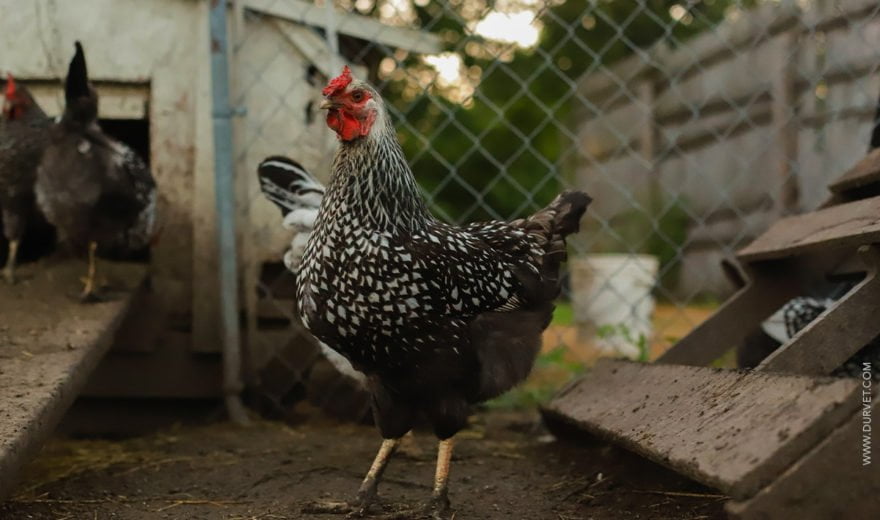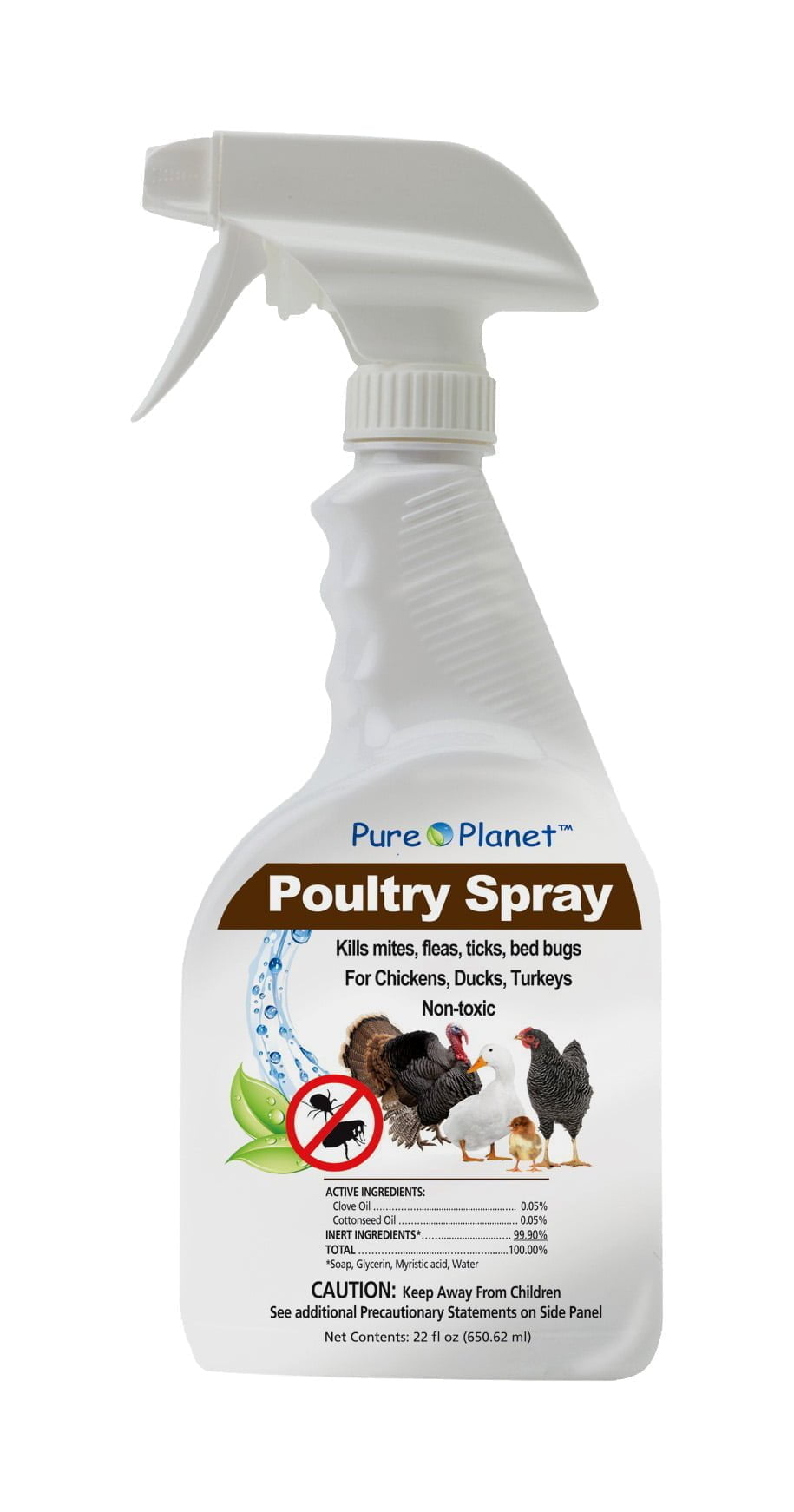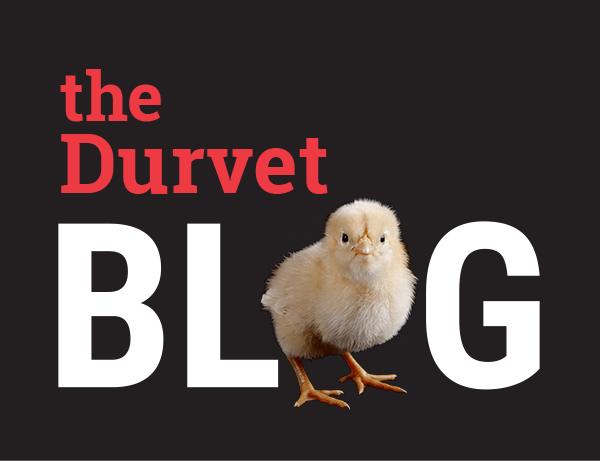
For over a decade, Durvet and ProfitBuilder have traced the popularity of backyard chickens and espoused the virtues and satisfaction that raising them provides. In a recent article in Chickens And More, editor-in-chief Chris Lesley suggested that one reason backyard chickens have recently become even more popular stems from the COVID-19 pandemic. The lingering pandemic demonstrated the importance of self-sufficiency. "Developing a sense a responsibility in one's own food production," wrote Lesley, "can help insulate individuals from instances where food production may be limited or halted because of weather, economics or even just a bad farming season." People now are realizing how important it is to be able to provide for themselves.
But the Centers for Disease Control and Prevention - not intending to throw a wet blanket on Americans' rebirth of self-reliance - just released a warning that salmonella exposure is spiking among backyard poultry producers. The CDC recently reported an uptick in salmonella cases across the country: 672 so far this year with 157 hospitalizations and two deaths in 47 states. There have been 198 new cases since June 24. One in four cases involved children under age 5.
Craig Coufal, Ph. D., a poultry specialist and associate professor in the Department of Poultry Science at the Texas A&M College of Agriculture and Life Sciences, says the recent increase on salmonella is a reminder that people should take simple sanitation precautions after or visiting or cleaning their chicken coop or even simply handling the birds, eggs and meat. "Some outbreaks are worse than others, but hundreds of infections happen every year," he notes. "Many people, especially new producers unfamiliar with poultry, don't take simple steps to prevent exposure."
Prevention is Simple
The rising number of salmonella outbreaks, Dr. Coufal points out, shows there is continued need for public education about ways to avoid exposure through basic hygiene. Most chickens, ducks and turkeys carry some form of more than 2,000 types of salmonella, which are a naturally occuring part of their microbial flora. Birds are carriers so they don't usually show signs of the bacteria.
Petting or holding live birds, handling farm fresh eggs or working in areas frequented by birds - such as a chicken coop - can expose people to salmonella. Handling poultry is not the only way salmonella is spread, says the CDC, but it is the most likely way to be exposed. Backyard chicken farmers can reduce the risk of infection significantly by taking simple precautions.
The key to avoiding exposure is preventative hygiene, including hand washing with water as hot as can be tolerated. Dr. Coufal suggests removing clothes and shoes worn in the coop or while handling birds before entering the home also will reduce chances of exposure. Fresh eggs should be washed thoroughly with warm running water then dried with paper or cloth towels that will not come in contact with hands or kitchen surfaces before storing in the refrigerator. Sanitizing wipes are also effective. Practicing good hygiene in the coop area can also protect backyard flocks from exposure to salmonella and other bacteria and viruses.
Some Don'ts
Poultry producers should not share equipment or materials with other producers. If sharing equipment, such as a coop, is necessary, it should be cleaned thoroughly and sanitized with a bleach-based cleaner. Visiting neighboring poultry production areas or neighbor's coops could also lead to transfer of pathogens of precautions, such as changing shoes or clothes, are not taken to prevent transmission.
Dr. Coufal is adamant that toddlers should never be allowed to handle poultry because of the likelihood of exposure. And adults and children should never kiss a chicken or baby chick or duckling. The CDC warns that children under the age of 5 and older adults or those with compromised immune systems may be more susceptible to salmonella infections.
Dr. Coufal also recommends that backyard chicken producers not purchase their chicks, ducklings and other fowl at flea markets or from want ads. "When you buy birds [from these sources] you really don't know where they are coming from," he says. "There are no assurances that testing for diseases or the health status of the bird have taken place." He advises purchasing birds from hatcheries or breeders certified through the National Poultry Improvement Plan. NPIP certification ensures birds are from healthy breeder flocks tested for severe diseases.
"Salmonella recalls on poultry products or in lettuce, tomatoes or peaches pop up from time to time, and that's due to testing requirements," says the Texas A&M professor. But testing in backyard flocks is not prevalent. "So again the focus needs to be on hygiene and exposure prevention, especially for those with weaker immune systems."
Note: Durvet offers a line of dozens of poultry health, nutrition, hygiene and disinfection products.
Source: Centers for Disease Control and Prevention; Craig Coufal, Ph.D., Department of Poultry Science, Texas A&M College of Agriculture and Life Sciences; Chris Lesley is editor-in-chief Chickens And More.

 BACK TO MAIN BLOG
BACK TO MAIN BLOG 

Comment